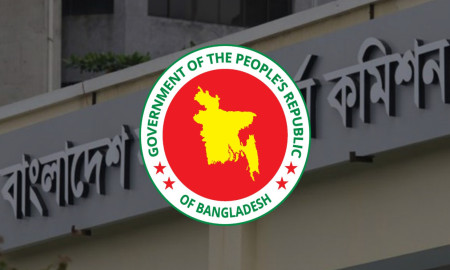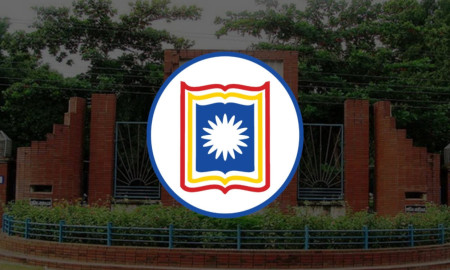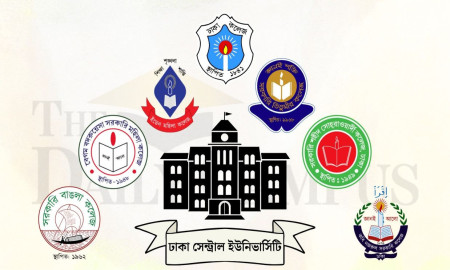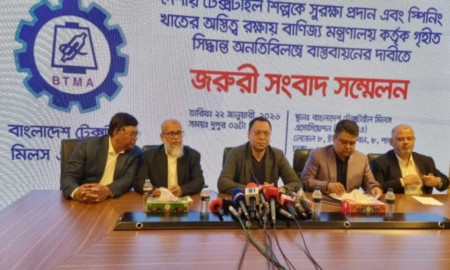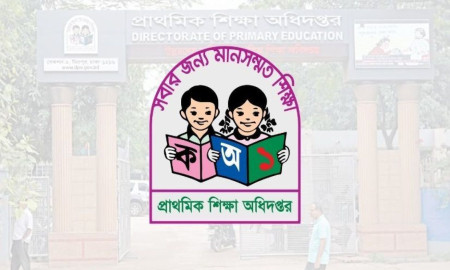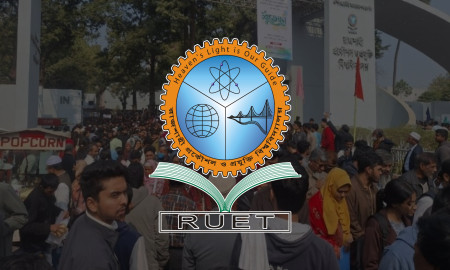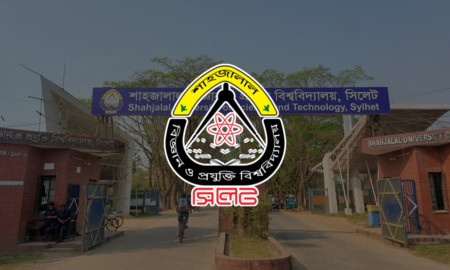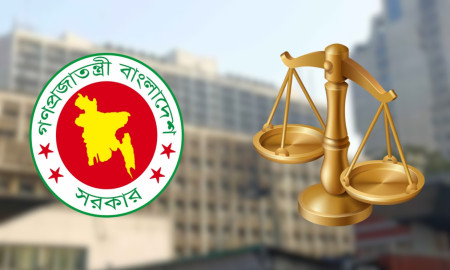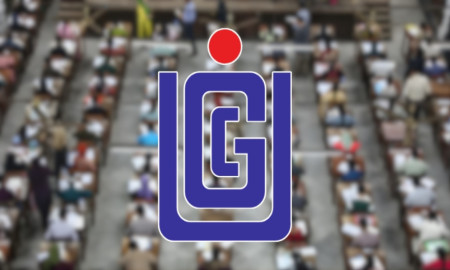Quotas Dominate Government School Admissions, 68% of Vacant Seats Reserved
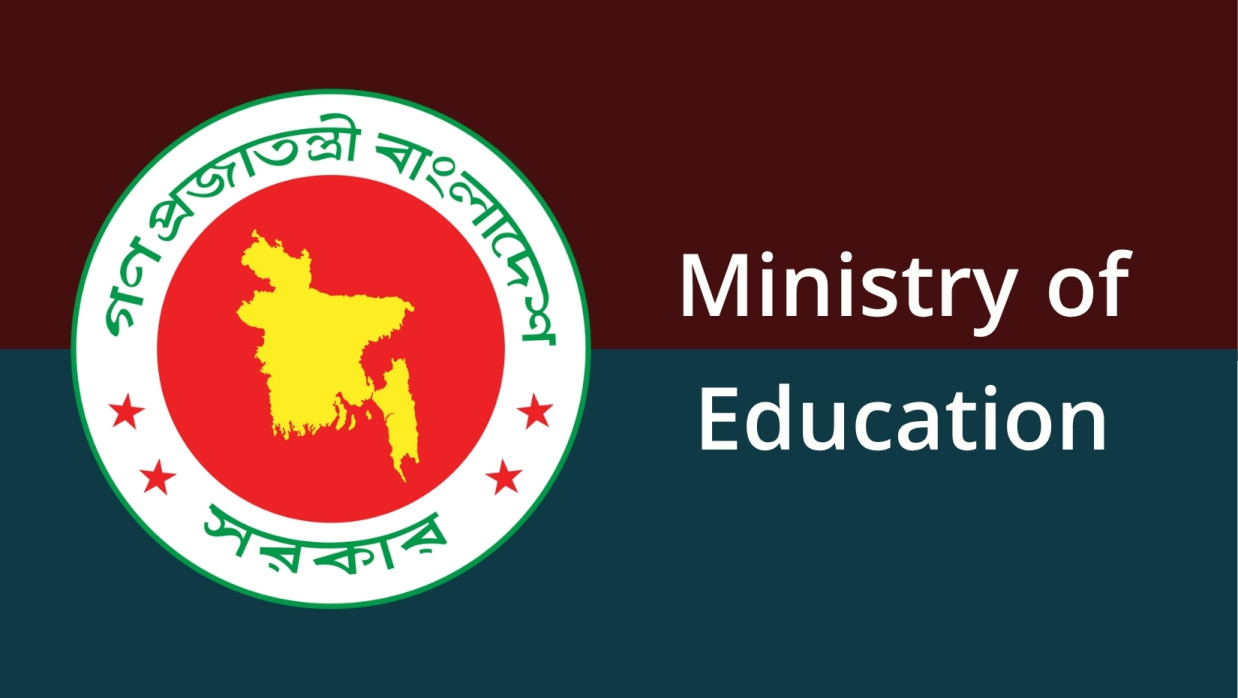
For the upcoming academic year, 68% of vacant seats in government high schools will be reserved under various quotas for student admissions. Despite using a lottery system to avoid unhealthy competition, the majority of students will gain admission to secondary-level government schools through quota benefits.
This provision is part of the recently issued admission policy for government secondary schools, released by the Education Ministry under the interim government formed amid changes prompted by the quota reform movement. Notably, in previous years as well, a significant portion of seats in government secondary schools were reserved for quotas.
The largest quota, comprising 40% of total seats, remains reserved for students from the school’s surrounding area or catchment area, as has been the practice. Additionally, 5% of seats are reserved for children of freedom fighters and martyred freedom fighters, 1% for children of officers and employees of the Education Ministry and its affiliated departments, 10% for former students of government primary schools, 2% for students with special needs, and 5% for twins or siblings of currently enrolled students. Furthermore, 5% of seats are reserved for children of government officers and employees transferred from distant locations. Children of teachers and staff of government high schools will also have access to quota-based admission in those institutions.
The admission policy specifies that 40% of seats in government schools in the Dhaka metropolitan area must be reserved for students from the surrounding catchment area. The Directorate of Secondary and Higher Education will designate the catchment areas for all government schools in Dhaka. For children of freedom fighters and martyred freedom fighters, 5% of seats are reserved. Applicants under this quota must submit a certified copy of relevant certificates with their application and present the original during admission. If eligible children of freedom fighters are unavailable, these seats will be filled from the merit list.
The policy further states that for admission to Class 6, 10% of the total seats in that class will be reserved for students who have passed Class 5 from government primary schools. To integrate students with special needs into mainstream education, 2% of seats will be reserved, provided they meet minimum eligibility criteria, and appropriate certification must be submitted during admission. If no such students are available, vacant seats will be filled from the waiting list.
For children of officers and employees of the Education Ministry and its affiliated departments, 1% of seats are reserved in government secondary schools at metropolitan, divisional, district, and upazila levels, subject to meeting minimum eligibility criteria. Applicants must submit a certificate from the Secondary and Higher Education Division with their application.
The policy also provides that 3% of seats will be reserved for twins or siblings already studying at the school or applying as a new pair, and 2% for siblings of currently enrolled students. These benefits apply to a maximum of three children per family. If sibling seats remain vacant, they must be filled by admitting twins, and if twin seats remain vacant, they can be filled by siblings. No seats can remain unfilled.
Children of government officers and employees transferred from one workplace to another can apply for admission to government secondary schools. They must submit an application to the admission committee chairperson within 10 months of the transfer order date, along with proof. If the new workplace is more than 10 kilometers away in a metropolitan, city, corporation, or divisional city, their children can enroll in a nearby government secondary school. In districts, upazilas, or thanas, children can enroll in the nearest government secondary school. For such transfers, 5% additional seats per class section will be reserved, subject to classroom capacity. Priority will be given to students already studying in government schools. If officers or employees are transferred back to their previous workplace, their children can be readmitted to their former school.
Additionally, seats equivalent to the number of eligible children of teachers and staff working in government secondary schools will be reserved in their respective schools. If a teacher works in a boys’ secondary school and has an eligible daughter, a seat will be reserved in the nearest government girls’ or co-educational school. If a teacher works in a girls’ secondary school and has an eligible son, a seat will be reserved in the nearest government boys’ or co-educational school. For teachers in co-educational schools, seats for their eligible children will be reserved in the same school. If the desired class is unavailable, a seat will be reserved in the nearest boys’, girls’, or co-educational school. The head of the institution will take appropriate measures and inform the admission committee.
The policy also states that if a government officer or employee dies while in service, their children can enroll in a government school in the area where they permanently reside. The admission committee will take the necessary steps. If a student studying in a government school, who has lost both parents, relocates for any reason, they can enroll in the same class at a government school in the new area. Similarly, if a student’s parents die, causing a change in residence, they can enroll in the same class at a government school in the new area. The admission committee will take appropriate action in such cases.


